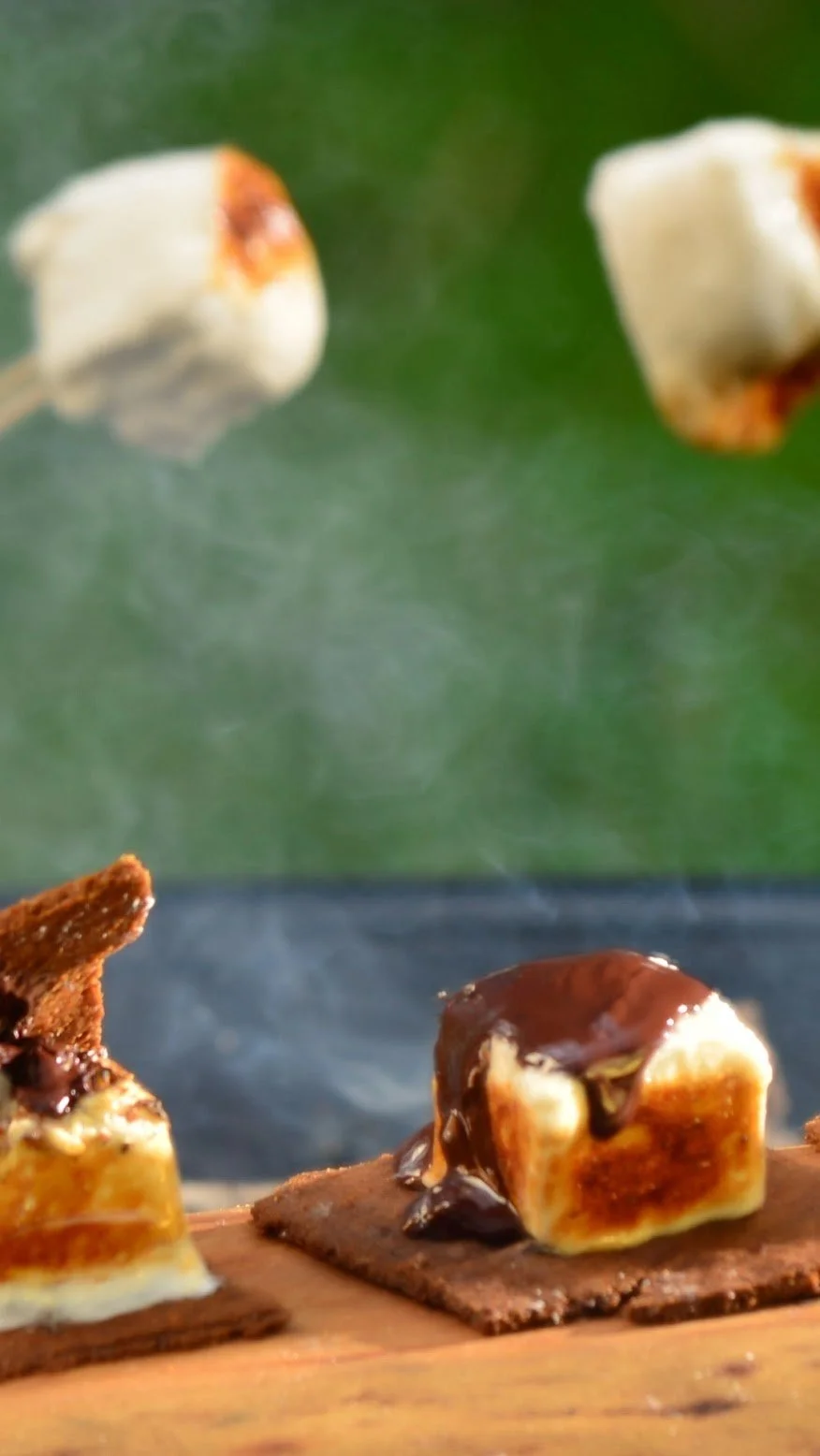🍯 The Golden Sweetness: Why Honey Matters + A Recipe for 100% Honey Marshmallows 🍯
In a world saturated with refined sugars, honey stands out—not just for its taste, but for its integrity. It's one of the only sweeteners we consume that hasn’t been processed to the point of unrecognizability. When you drizzle honey into your tea or whisk it into a vinaigrette, you're using a substance that came straight from nature, largely untouched by industrial hands. But honey is more than a sweetener—it's a symbol of interconnection between food, ecology, and ancient traditions of nourishment.
🍯 Why Honey Is So Special
1. It’s the Only Sugar That’s Truly Unrefined
Unlike cane sugar, beet sugar, or even maple syrup (which requires boiling), honey doesn't need refinement. Bees do the work for us—gathering nectar, breaking it down with enzymes in their stomachs, and fanning it until it's shelf-stable. The result? A raw, enzyme-rich, vitamin-packed food. It contains trace minerals, antioxidants, and even antibacterial properties when it’s raw and unfiltered.
2. It Supports Pollination & Biodiversity
By choosing local, sustainably harvested honey, you’re not just supporting a beekeeper—you’re supporting entire ecosystems. Bees are keystone pollinators. Their movement from flower to flower sustains wild plants and the crops we eat: almonds, apples, berries, cucumbers, and more. Every spoonful of honey is a quiet celebration of this essential ecological work.
3. It’s an Ancient Medicine & Food
Used for thousands of years in Ayurvedic, Egyptian, and Chinese medicine, honey has long been considered both sacred and medicinal. Its warming, soothing qualities make it a go-to for sore throats, digestive health, and immune support.
🍬 Recipe: 100% Honey Marshmallows (No Corn Syrup, No Cane Sugar)
Why Make Marshmallows with Honey?
Most marshmallows on the market are made with corn syrup, processed sugar, and artificial flavoring. These homemade honey marshmallows are fluffier, gentler on your blood sugar, and carry that rich, floral depth of honey—plus they’re beautiful in a cup of chamomile tea or roasted over a summer bonfire.
🧪 Ingredients:
½ cup cold water
3 tbsp high-quality gelatin (grass-fed, if possible)
1 cup honey (light, floral honey works best)
¼ tsp sea salt
1 tsp vanilla extract (optional)
Arrowroot or tapioca starch for dusting
🔬 Instructions:
Bloom the Gelatin:
In a large mixing bowl or stand mixer, pour ½ cup cold water and sprinkle the gelatin over it. Let it sit for 10 minutes to bloom.Heat the Honey:
In a saucepan, combine the honey and salt. Heat over medium heat until it reaches 240°F (soft ball stage). Use a candy thermometer for accuracy—this is important! It takes about 10 minutes. Don’t stir, just watch.Whip It Good:
Start whipping the bloomed gelatin on low speed. Slowly pour in the hot honey mixture in a thin stream, being careful not to splash. Once it’s all in, crank it to high and whip for 7–10 minutes, or until it becomes thick, glossy, and holds stiff peaks. Add vanilla at the end if using.Set It:
Quickly pour the mixture into a parchment-lined 8x8” pan. Smooth the top with a greased spatula. Let sit uncovered at room temp for 4–6 hours, or overnight.Cut & Dust:
Turn the marshmallow slab onto a cutting board. Use a sharp knife or scissors to cut into squares, dusting with arrowroot powder to prevent sticking.
🌼 How to Enjoy
Add to herbal tea or golden milk for a gentle, melty treat.
Roast over a fire and sandwich between honey graham crackers.
Eat straight from the jar (they’re basically medicinal, right? 😉).
🌍 A Sweet Choice with Real Impact
When you reach for honey over processed sweeteners, you’re casting a vote—for pollinator health, small beekeepers, and foods that nourish instead of deplete. These marshmallows are a playful reminder that even indulgences can be rooted in sustainability, integrity, and real joy.
So next time you want something sweet, let the bees guide you. 🐝

